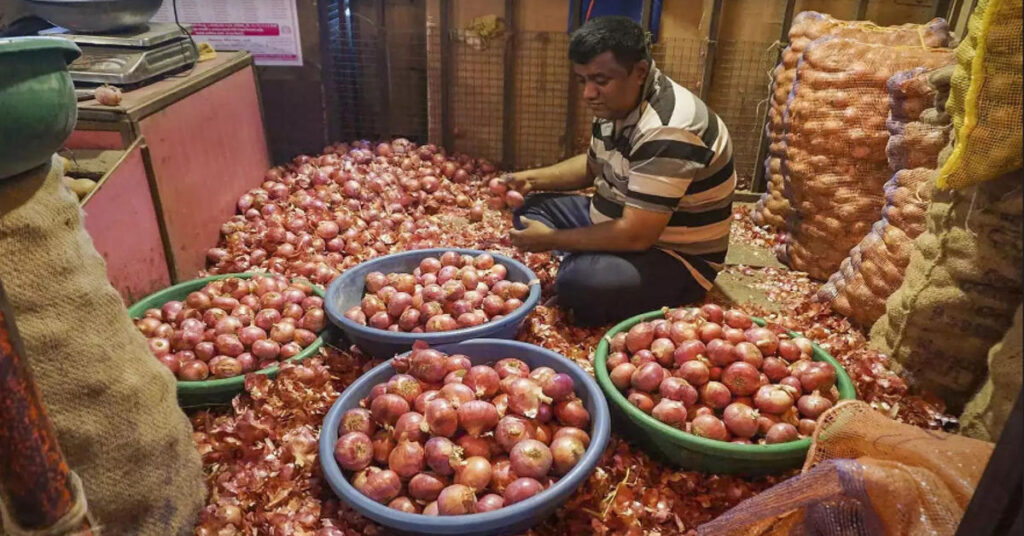A buffer stock, essentially a reserve of essential food commodities like rice, wheat, and maize, serves as a critical safety net to ensure food security and stabilize market prices during times of crisis.

In an era marked by economic volatility and environmental unpredictability, the necessity for governments to create buffer stocks of main food items cannot be overstated. A buffer stock, essentially a reserve of essential food commodities like rice, wheat, and maize, serves as a critical safety net to ensure food security and stabilize market prices during times of crisis.
First and foremost, buffer stocks act as a safeguard against sudden disruptions in food supply, whether due to natural disasters, geopolitical tensions, or pandemics that affect global trade. By maintaining an emergency reserve, governments can swiftly address shortages and prevent the ensuing chaos that often accompanies scarcity, such as hoarding and price gouging.
Moreover, buffer stocks help stabilize food prices, which can be notoriously volatile. Agricultural production is inherently risky due to its dependency on weather conditions, disease outbreaks, and other unpredictable factors. A reserve allows the government to release supplies into the market during shortfalls, thereby cushioning the impact on prices and making food more affordable for the population, particularly the economically vulnerable segments.
Another significant advantage of buffer stocks is their role in supporting agricultural producers. Governments can procure surplus produce during periods of excess supply at predetermined prices, ensuring that farmers receive a fair income even when market prices fall. This intervention not only provides financial stability for farmers but also encourages continued investment in agricultural productivity.
Furthermore, buffer stocks contribute to national food sovereignty by reducing dependency on international markets. In a globally interconnected economy, nations that rely heavily on food imports are susceptible to external shocks. By maintaining robust reserves, countries can minimize their vulnerability to global market fluctuations and protect their populations from famines and food shortages.
CONCLUSION
In conclusion, the establishment of national buffer stocks for main food items is not just a strategic economic policy but a moral imperative. It ensures food security, stabilizes prices, supports farmers, and fortifies national sovereignty. It is high time governments around the world recognized the long-term benefits of creating and maintaining these vital reserves.
